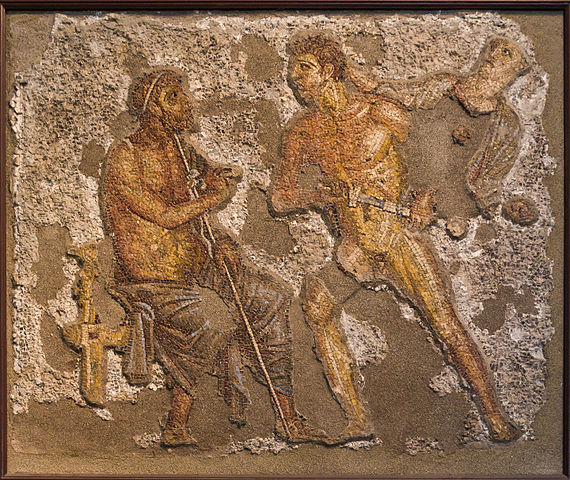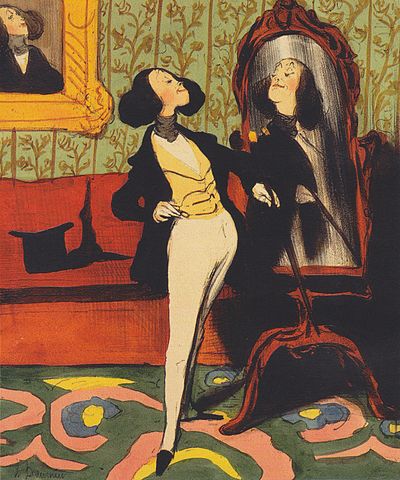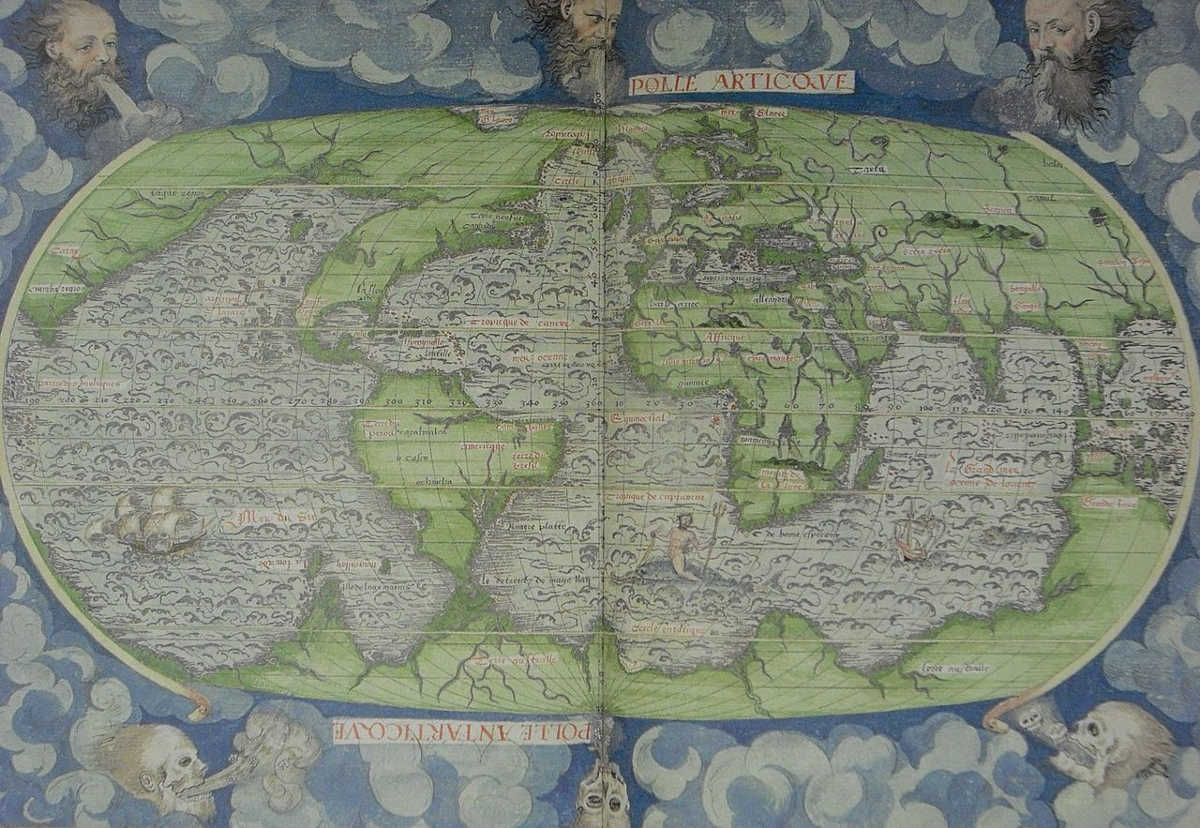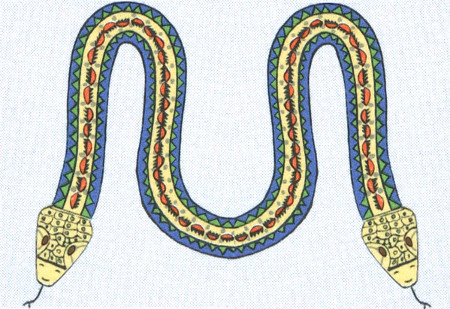Apart from being mathematically true, ONE + TWELVE = TWO + ELEVEN is also famously an anagram — the same group of letters appears on each side of the expression.
In numerical form (1 + 12 = 2 + 11) it’s both an anagram and a palindrome — the same numerals appear on either side of the equal sign, and in opposite order.
Expressed in Roman numerals (I + XII = II + XI) it remains an anagram and a palindrome — again, the same numerals appear on both sides, and in reverse order.
In a square font the equation remains the same when each character is turned upside down:
![]()
In Word Ways, contributor Charles Melton points out a further coincidence: Write the original equation in a square font, turn it upside down, and twist the first plus sign 45 degrees to make a multiplication sign:

A similar trick works in Roman numerals: Start with the original expression, turn it upside down, and change the plus signs to minus. If IIX is taken as 8, then we get another valid expression:
I + XII = II + XI
IX + II = IIX + I
IX – II = IIX – I
(Anil, “One + Twelve = Two + Eleven,” Word Ways 35:4 [July 2012], 308. See also Spanagrams and Immortal Truth.)








